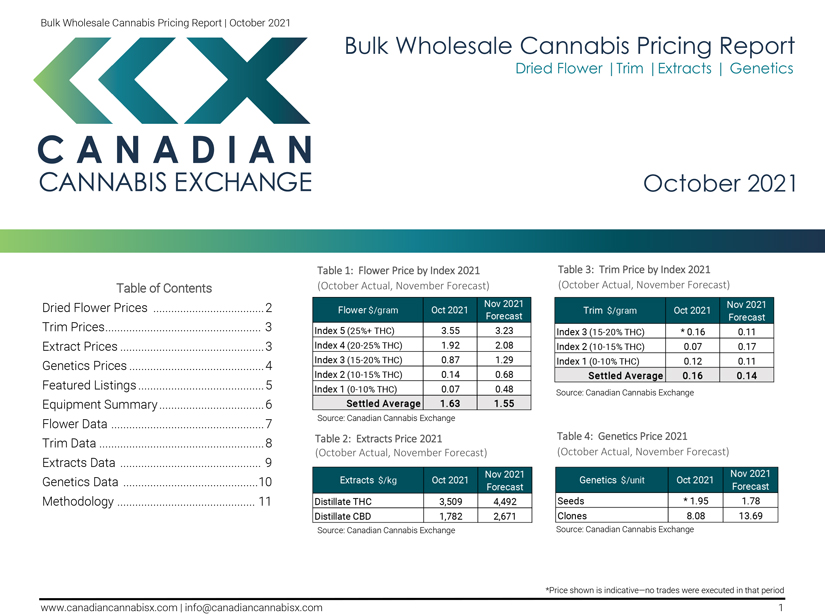New changes are emerging in several provinces that will impact cannabis retailers and producers. In July, BC surprised many with their latest decision to try and compete with the black market, a new program that allows retailers to deliver cannabis to consumers. This was preceded by a previous change allowing retailers to sell products online, while still requiring they be picked up at the store. This newest move is the next step towards the province’s commitment to allowing producers to sell directly to retailers sometime in 2022, along with the launch of their “farm to gate” program.
The province is currently in discussion with BC-based cannabis producers, providing updates on their “farm to gate” or “Production Retail Store” (PRS) license that they say will be launched in 2022. Details of the plan remain hazy, with the province gathering input from an array of cannabis producers. They say they are looking to allow micro and potentially standard cultivators, but not stand-alone processors, as well as nurseries, to take part. The province is also gauging interest in on-site consumption at these facilities and farms.
Specifics on the direct sales program are equally unclear, although the province has said they are considering limiting participation to those who produce less than 3,000 kg a year, to try and provide opportunity for small-scale growers. BC has been working with several First Nations affiliated producers and retailers who are seeking to establish a “farm to gate” store. BC has said that these producers and retailers may serve as the first license holders as part of a pilot project before opening it up to other license holders.
Similarly, Ontario also recently announced their “flow through” distribution model that, once fully implemented, will allow retailers to order products not normally available through the Ontario Cannabis Store’s distribution center. The program is currently in its early stages and only a few producers and retailers will be taking part in the pilot project, with plans—like BC—to be fully launched in 2022.
Shortly after announcing the first stages of their flow-through sales model, the OCS reached out to producers to let them know of upcoming changes to the cannabis product call system. Starting in April 2022, the OCS will be moving from an every-eight-weeks product call to a quarterly product call, or every 18 weeks. Although the new quarterly product call will not begin until April 2022, the final product call until then is said to be August 13, 2021, with a tiered release of products approved at that call from October until January.
OCS Timeline for Product Launches Following the August Deadline

The new system will allow producers to pitch products that are still in development. This is a shift from the current product call process in Ontario where a crop must be harvested, tested, and ready for packaging before it can be pitched. The newest stage of this process will begin on the August 13, 2021 product call, where growers will be able to pitch unfinished crops that would then be released by January 2021.
This change brings Ontario more in line with several other provinces who allow for the pitching of a product prior to harvest, although the timeline for product calls and product releases from those calls will still be the longest in Canada.
Alberta has recently sent out a survey to cannabis retailers gauging interest in selling cannabis and non-cannabis products, such as clothing, online. The results from the survey are expected by this fall, although the province says they have no set timeline for any potential implementation of the proposed plan.
Lastly, Newfoundland recently announced they are building their own distribution centre that will be open this fall. The new distribution centre will replace Newfoundland’s current system that allows producers to ship directly to retailers. Although no other provinces have a model of this type, one territory, Nunavut, also allows it. In Nunavut, producers must first be approved for sale and then residents can order products directly from approved producers. Nunavut recently had their first brick and mortar cannabis store open in Iqaluit, the territory’s capital city.


